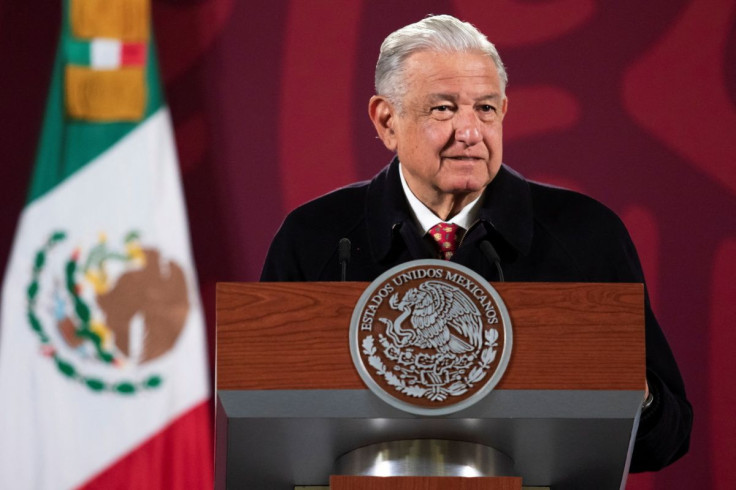U.S. To Halt Mexican Avocado Imports 'As Long As Necessary' To Ensure Worker Safety

U.S. imports of new Mexican avocado harvests will stay suspended for "as long as necessary" to ensure the safety of U.S. inspectors who were threatened verbally in Mexico's western Michoacan state, the U.S. Department of Agriculture (USDA) said on Monday.
The halt of export inspections on Feb. 11 by the USDA's Animal and Plant Health Inspection Service (APHIS) marks another source of trade tension between Washington and Mexico City.
All U.S.-bound avocado crops must be inspected for safety, and those approved before Feb. 11 could still be exported, the agency said.
USDA said the suspension was ordered "following a security incident (verbal threat) involving our employees. The suspension will remain in place for as long as necessary to ensure the appropriate actions are taken, to secure the safety of APHIS personnel working in Mexico."
The details of the incident were not immediately clear. Michoacan, Mexico's top avocado producing state and the only one certified to export to the United States, has long had security issues linked to problems with drug gangs.
'POLITICAL ATTITUDE'
Mexican President Andres Manuel Lopez Obrador said on Monday authorities are looking at the U.S. decision and suggested there may be political motivations behind the suspension.
Speaking at a regular government news conference, Lopez Obrador said the matter may have been influenced by groups with something to gain from the suspension, without elaborating.
"The truth is, there's always an economic, a commercial interest behind it," he said. "Or there's a political attitude."
The Biden administration has recently brought a number of complaints about Mexican enforcement of labor rights and environmental standards under the updated U.S.-Mexico-Canada Agreement on trade. The United States also voiced concerns about government regulations in its telecoms and energy sectors.
Lopez Obrador pointed to a recent decision by U.S. trade officials to seek talks with Mexico over its environmental obligations under a North American trade agreement, including protection of the critically endangered vaquita porpoise.
But he said Mexican relations with the U.S. government were "very good."
© Copyright Thomson Reuters 2024. All rights reserved.




















